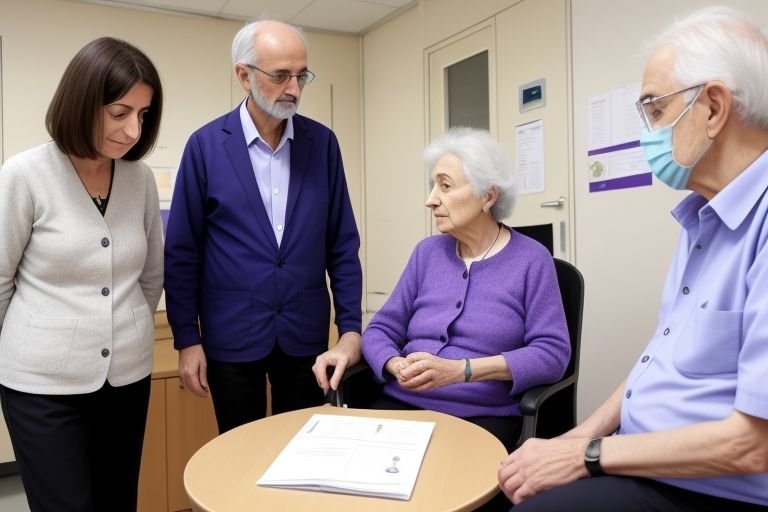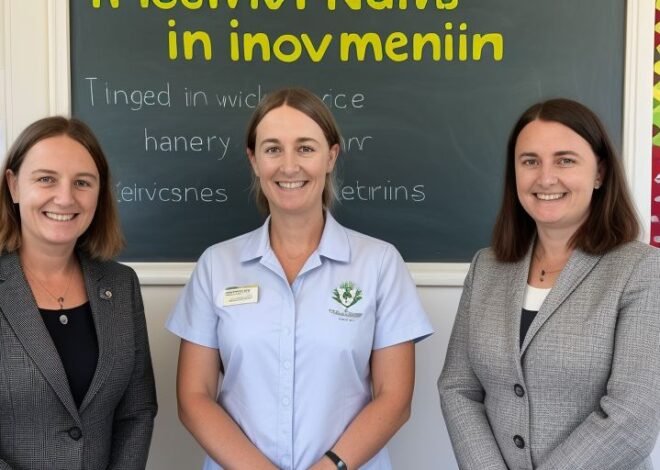
New Alzheimer’s Treatment Developed By Spanish Researchers
A new breakthrough in the field of medicine has caused a stir around the world after a group of Spanish scientists has claimed to have developed a revolutionary therapy for Alzheimer’s disease. The therapy that is a hybrid between gene therapy and targeted drug delivery has shown excellent efficiency in the early-stage clinical trials, giving new chances to millions of patients and their families globally.
The study, headed by Dr. Elena Rodríguez at Spain’s CIEN in Madrid, is the latest addition to extensive and long-term research on the neurochemistry of Alzheimer’s disease. The method implemented by the team focuses on two detrimental aspects of the disease: formations of beta-amyloid plaques and tau tangles in the affected areas of the brain that have stumped researchers and paralyzed treatment methodologies for years.
Dr. Rodríguez described the innovative treatment, saying he created a viral vector that brings a modified gene to the brain cells, improving their capability to remove toxic proteins, a new drug designed to dissolve new plaques and tangles. These two-prong approaches have demonstrated results historically unprecedented in reversing cognitive decline in our initial trials.”
The findings in the 150 patients who were in the phase II clinical trial of early to moderate forms of Alzheimer’s disease have been outstanding. I remember, after six months of treatment, 70 percent were greatly improved, some of them had their memory and lost abilities back. Also, the magnetic resonance test showed low levels of amyloid plaques coupled with tau tangles in the treated patients.
In recent interactions with the international medical community, announcements regarding the discovery have been received with positive but measured excitement. Dr. John Smith, who is a Harvard Medical School professor and a leading Alzheimer’s researcher, said: “Although we should not get carried away until more extensive tests are conducted, these findings are rather encouraging.” If confirmed, this would be the boldest innovation in Alzheimer’s treatment as we know it in many years.”
The possibility of this new treatment is not limited only to the sphere of medicine and is revolutionary as well. As a result of higher ageing rate in the population, Spain like other countries is experiencing economic and social impacts in regard to patient care of the Alzheimer’s diseases. The Spanish Society of Neurology reports that currently, there are more than 800,000 Alzheimer’s patients in Spain, and this figure will probably reach 1.1 million by 2050 if no measures are taken.
Spain’s Minister of Science and Innovation, Diana Morant, welcomed the findings, calling them a “…clear sign of Spain’s consolidation as a leading country in the biomedical research area.” This advancement not only brings new light to millions of patients and their families but also brings out the scientific potential of Spain. We remain firmly dedicated to encouraging additional development of research and work in this sphere,” Morant said at a press conference today.
The success rate of the treatment has also encouraged international pharmaceutical companies; as of late, several companies have shown their interest in partnering with Spanish researchers in order to speed up the process of developing and making the therapy available in the market. Such a partnership could possibly bring the treatment to patients much earlier than if the process involves starting the entire clinical trial again.
However, social science advocates advise that it will still be a long time before the treatment is approved for use. Dr. He also stressed that more extensive studies of the therapy are required to establish its safety and effectiveness in a wider population. ‘While we are very pleased with the results to date as we add patients to the treatment arm, let’s remember to do it with caution and scientific precision, keeping in mind the best interest of all patients,’ she said.
The research team is now actively working on planning phase III trial of NDA which shall involve entire thousands of patients in different countries. This larger study will give essential data on possible side effects of the treatment over an extended period and while using it in various groups of people.
With the news of the discovery, patient advocacy groups have again been encouraged and are demanding for more funding for the research of Alzheimer’s. María Fernández, the president of the Spanish Alzheimer’s Association, pointed out that ‘This development makes one understand that there could exist a real treatment for Alzheimer’s. As such, the government and private sector should support this important research.”
This new treatment is not limited to Alzheimer’s disease, with the researchers implying that this new treatment could mean new approaches in Parkinson’s and Huntington’s disease. With the global population waiting in anticipation, the Spanish researchers are working around the clock thanks to the potential to turn Alzheimer’s disease from a lifelong curse into a manageable disease one day.


